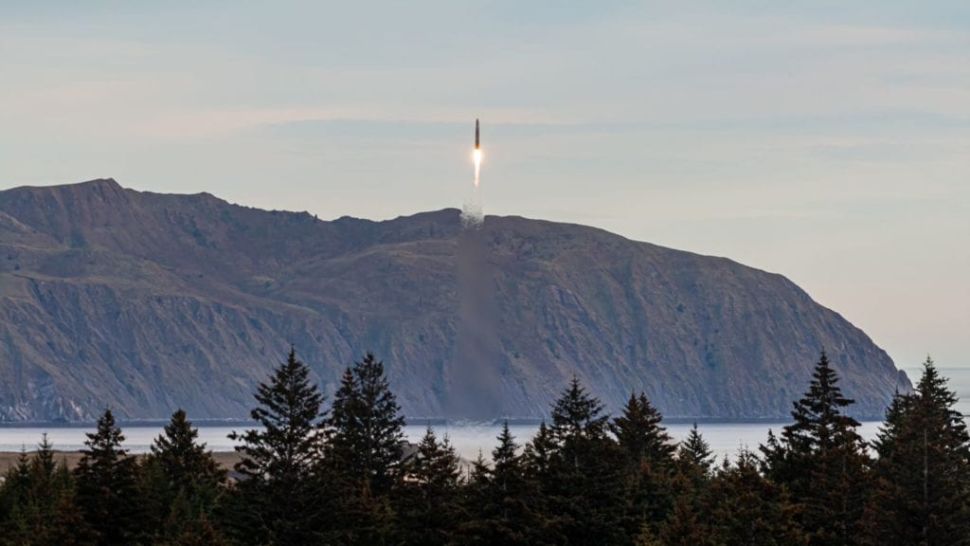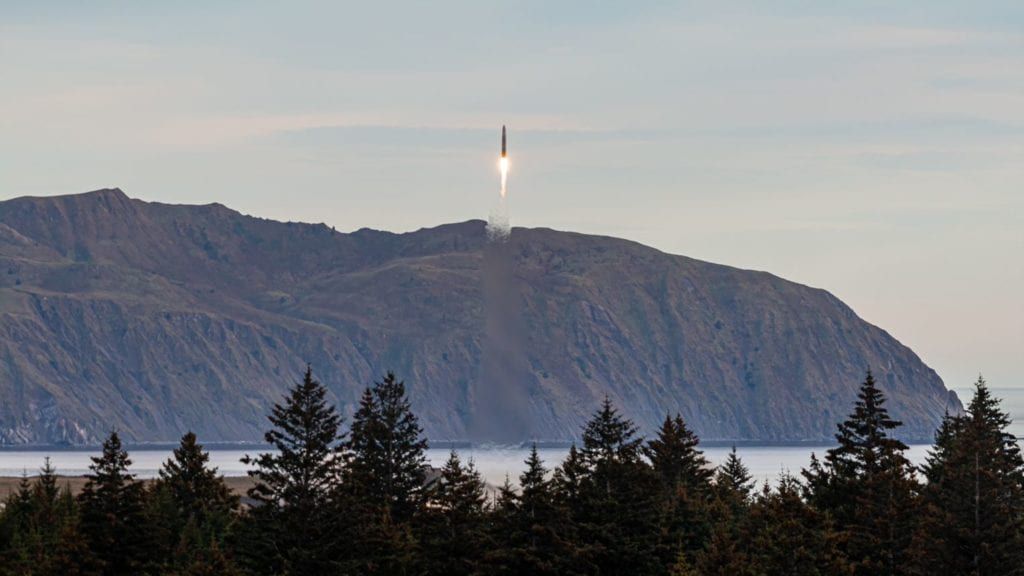
Astra’s Rocket 3.1 still left the Alaskan coastline at Astra’s Kodiak start web-site on September 12, 2020. Astra
The U.S. stock market place welcomes its 1st rocket organization on Thursday. It’s not SpaceX, Virgin, or any of individuals headline-grabbing billionaire-backed ventures, but a little-recognized little startup (they virtually make smaller rockets, only 38-foot tall) from the Bay Space identified as Astra House.
Astra Place began trading on Nasdaq Thursday as it completes the merger with Holicity, a exclusive function acquisition corporation (SPAC) backed by Bill Gates, telecom billionaire Craig McCaw and other buyers. The merger values the combined corporation at $2.1 billion. Prior to the SPAC deal, Astra had raised only $100 million in money. It’s envisioned to raise $500 million in cash proceeds from the general public listing.
“This is the swiftest way for us to not only increase more than 50 % a billion pounds of capital but also arrive at public marketplaces,†Astra CEO Chris Kemp instructed CNBC in February when the deal was introduced.
Contrary to SpaceX, ULA and other key NASA contractors which construct large rockets, Astra specializes in generating rockets for reasonably priced satellite-offering missions. The company reached space (but not orbit) for the to start with time final December for the duration of a examination flight of a Rocket 3.2 from the Pacific Spaceport Sophisticated on Alaska.
Its successor, Rocket 3.3, is expected to accomplish orbit in an operational mission this summer season. Astra aims to fly weekly missions by future calendar year and possibly everyday missions by 2025. Likely community “gives us a fully-funded route to day by day space shipping. We did not have that before,†Kemp informed House.com on Thursday.
“We’re totally humbled by the opportunity to have public shareholders now to aid the mission, and I imagine that this is truly a very historic moment,†he added.

